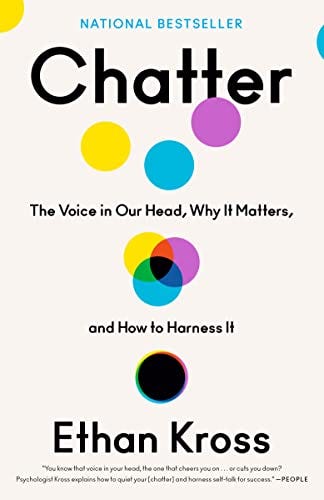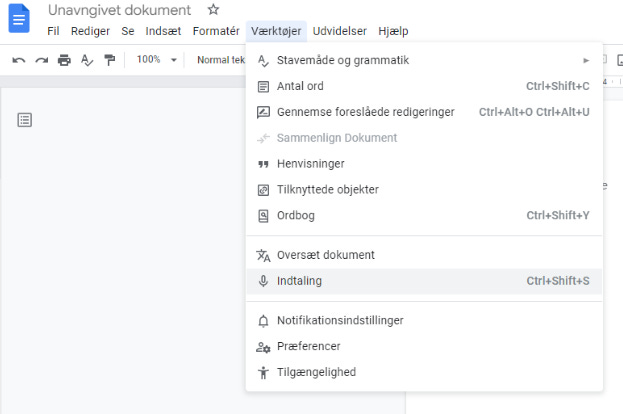Survey: How do chess players think?
I’m currently reading the book ‘Chatter - The Voice in Our Head, Why it Matters, and How to Harness it’ by Ethan Kross. In the book, Kross mentions an experiment where participants are equipped with a little beeping device that randomly beeps during the day.
At the time of the beep the participants have to write down what their inner speech or stream of consciousness was about or saying.
Intrapersonal communication, also referred to as internal monologue, autocommunication, self-talk, inner speech, or internal discourse, is a person's inner voice which provides a running monologue of thoughts while they are conscious. It is usually tied to a person's sense of self. It is particularly important in planning, problem solving, self-reflection, self-image, critical thinking, emotions, and subvocalization (reading in one's head). /Wiki
That made me think about chess, and how chess players think within themself throughout a chess game. Sometimes we might listen to our intuition or our gut feelings or arrive at the decision without knowing how, while other times we might have a Socratic dialogue about what move to play.
Also, there seems to be a continued debate about how chess players think and ought to arrive at the best move. From Kotov’s perfect tree of analysis to Willy Hendriks’ Move First, Think Later.
In the introduction of his book, Hendriks writes: “Can we make good evaluations by following some sort of to-do list? Do the recent attention on unconscious decision-making processes have some value for chess thinking? Is significant improvement possible by purely psychological means? Is talent an overrated concept and can we all become grandmasters?”1
I want to make a small contribution to the whole debate about how chess players think with a sort of beep experiment.
The idea is that I will give you two positions and you will, if you want to participate, write down your full inner speech dialogue or describe whatever happens inside you while finding the moves for a maximum of 5 minutes for each position.
It might be easier to speak out your dialogue/thoughts with speech-to-text software. A free option is available in Google docs. Of course, pen and paper or typing directly into the Google form is also an option.
The spirit of the experiment is to capture as much as possible, also all the random thoughts that might occur. And the survey is of course anonymous. The survey results will only be published like this “chess player ~ 1600 chess.com blitz rating”.
Here are some tips to help you capture your inner voice:
Find a quiet place to write where you won't be interrupted.
Set a timer for a certain amount of time (e.g., 5 minutes) and start writing as soon as it goes off.
Let your thoughts flow naturally, without worrying about grammar, structure, or losing puzzle rating points.
Don't censor yourself and try to go about finding the moves as you normally would do in a game situation.
Should it be that you arrive at a move, a plan, or something else as a result of a feeling, sensation, inner visuals, or non-verbal inner process, please describe that in the answer.
Be sure to be ready to start taking notes before you press the link to the survey, so that you do not see the positions beforehand.
I will share the results in the next newsletter and hope you want to contribute!
/Martin





